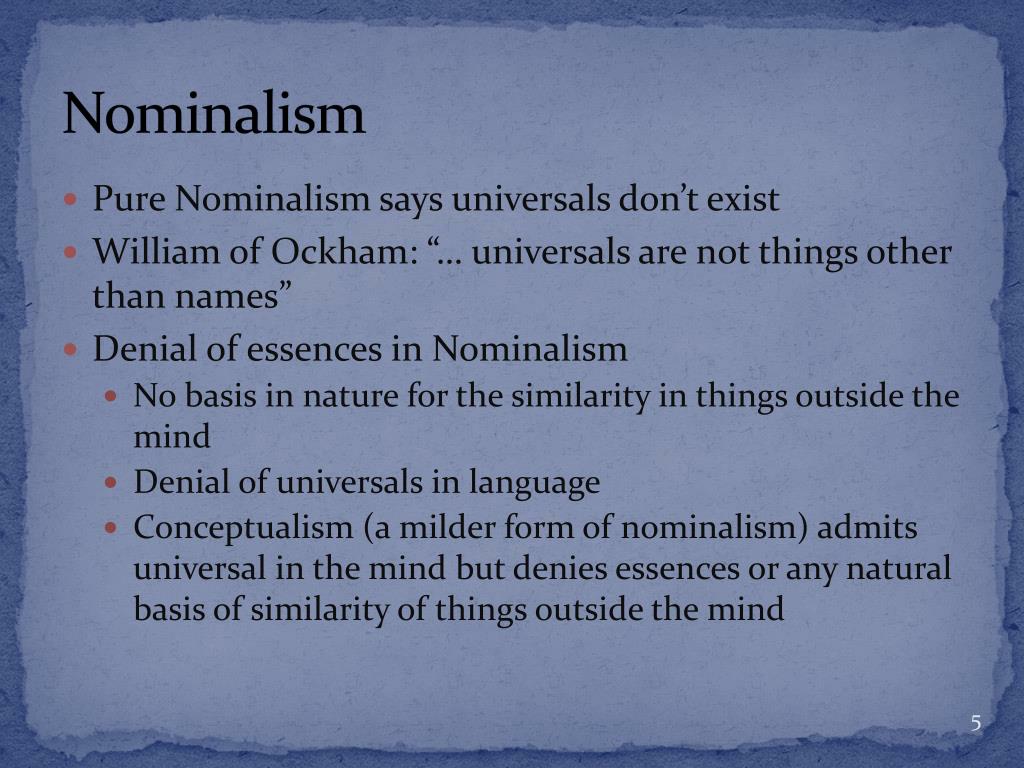
The objection to the Platonic realism merits as a criticism of the Platonic thinking since one cannot begin to claim universality without avoiding the innate relationship between concreteness and abstractness (Novák 248). Therefore, claiming the redness of an apple is mere should not be used to conceive applehood. However, critics have argued that observing “whiteness” is a process of appreciating copies of the original form. According to Plato, whiteness should be examined in the form of whiteness. The major concern of objection is that has been leveled is the extent to which a concept of form can exist in a special context of a universe without lining them to space and time. My criticism of the theory of Plato relies on the inability to separate concepts without gaining from the sense-perception (Novák 248). The assertion of the universality of the value of objects that creates a difference between concepts and objects seems to approve of the abandonment of the need to comprehend the ontology of universals. This means that although the Platonic realism claims that distinction must be made, the distinctive nature of objects of values should not qualify generality (Novák 248). The universality of things must be incomplete if they are to satisfy their role as applying to many things. The Platonic assertion necessitates a question of whether we can qualify this ill-formedness. I argue that the Platonic realism fails to ascertain how an object can stand in distinct object position without having a sense of dependence on the object. The Objection of objectivism contained in the realism perspective creates a new form of knowledge known as perspectivism. Researchers have suggested that Platonic realism claims that values are not related to human “will” but are usually separate entities or consist of properties of other objects presented in the metaphysical world (Novák 248).Īccording to Nietzsche, values are not objective facts or properties of separate things in themselves (Novák 248). Therefore, one can easily differentiate form from their respective particulars. In essence, proponents of Platonic realism argue that value must be distinctive in form and nature. They argue that a “particular” is usually regarded as a copy of the original form. In platonic realism, the value of things is similar to particulars, consisting of objects and properties. This means that when describing objects in using Platonic realism, one must be able to find truths or falsehood as the underlying meaning (Novák 248). An analysis of the Platonic realism suggests that universals are needed for some objects and words to qualify to mean and that the innate differences must be eminent. This type of realism believes that universals must be positioned as distinct objects to enable an objective account for various phenomena. Neorealists are also divided between defensive and offensive realism.Platonic realism asserts that universals exist as separate entities in the real sense and are independent of their respective particulars. Neoclassic Realism: It believes the international orders results from both, in combination with domestic politics.Neorealism: This attribute it to the dynamics of the anarchic state system.Classical Realism: It believes and follows from human nature that this is the human nature of fear and insecurity which gives rise to the contention among the nations and which led to the World War I and II.Realists are divided into three classes based on their view of the essential causes of interstate conflict. So, this makes the political theorists to make changes in the theory according to give a satisfactory interpretation to the world affairs. The different events which take place at international sphere are interpreted with the help of Realism as a theoretical interpretation.Įvents such as World War I, II were interpreted by realism but the Cold War end and the New World Order dominated by a multiplex system of nations and organizations with state as well as non-state actors is difficult to explain with the help of Realism theory. These three components are the basic ideals of interpretation of theory of Realism in International politics. Statism talks about the existence of state and its identity, survival deals with the power struggle between the states and security of states and self-help deals with the self sufficiency of a state rather dependence on alliance making. Realism is based on three basic components which are: Statism, Survival and Self-Help.

At present, Morgenthau, Kenneth Waltz and Mearsheimer etc are considered to be the realist thinkers. Controversy has centred especially on the question of whether universals (for example properties such as ‘redness’ or ‘softness’) really exist, or whether they are functions of our use of language (‘nominalism’). Realism trace history through the work of Thucydides in ‘The History of Peloponnesian War’ and later in the works of Hobbes, Machiavelli etc. In philosophy, realism signifies the assertion of the existence of a reality independently of our thoughts or beliefs about it.

Realism is considered as one of the oldest thought for interpreting the relations between the states and the balance of power at international level.


 0 kommentar(er)
0 kommentar(er)
